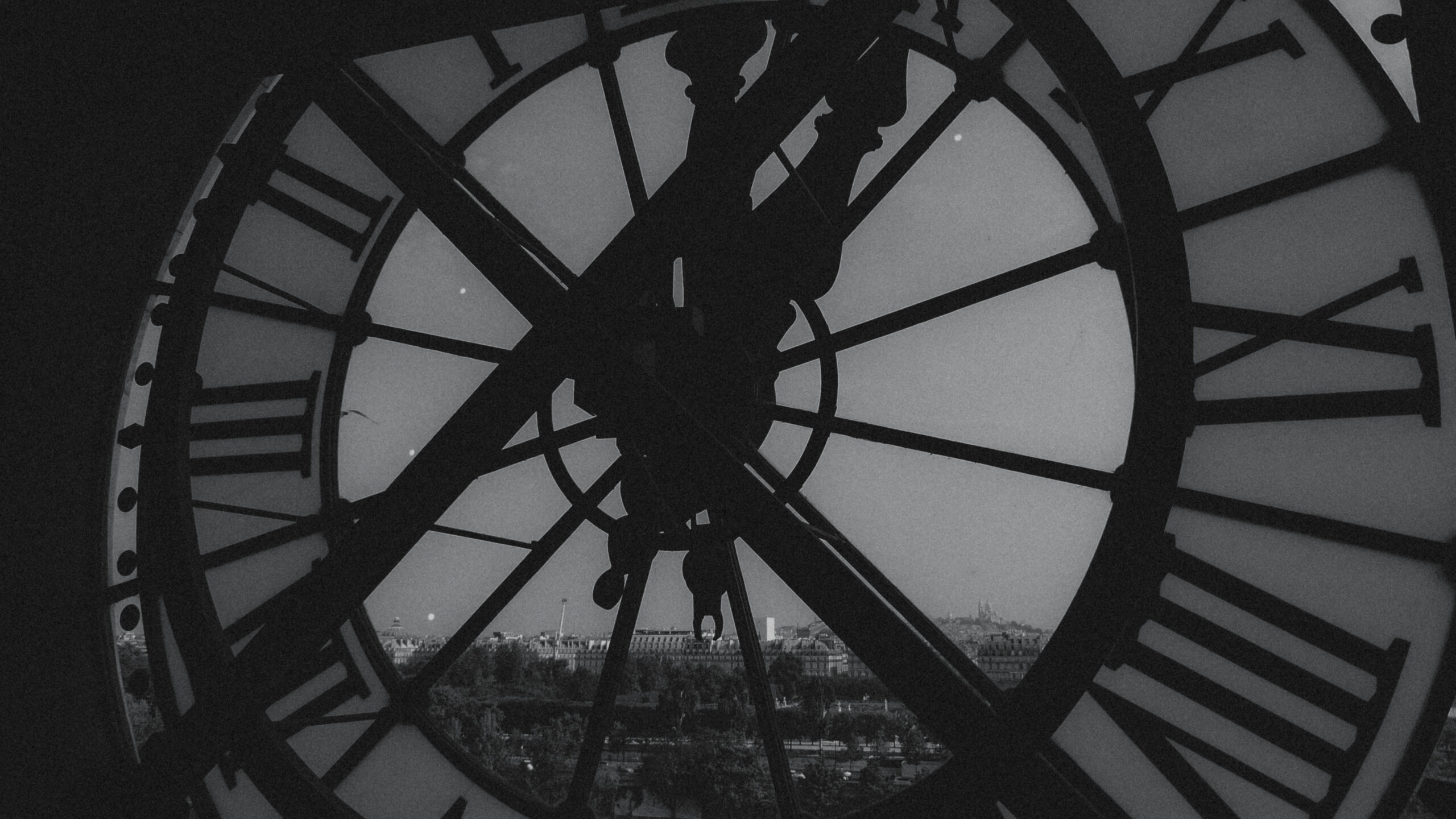It’s been several years since I read Kazuo Ishiguro’s brilliant novel The Remains of the Day, but as I prepare for an upcoming trip to England, I revisited this story of a man wrestling with the significance of his life after living in relentless pursuit of the wrong things.
In the novel, Mr. Stevens, the butler of Darlington Hall, one of the great English houses, goes on his first ever vacation when his new American employer is away for several weeks. During his drive through the countryside, he reminisces about his life of service in the days of his now-deceased former employer, Lord Darlington. Stevens’ greatest aspiration is to be a truly great butler in the footsteps of his father, and to do so he cultivates the virtue he thinks is particularly essential for great butlers: dignity. To remain cool under pressure, to meticulously plan and implement perfection even when the unexpected arises, to wear an emotionless mask—these are the marks of Stevens’ excellence.
Thus, his every moment was devoted to perfectly managing the household of Lord Darlington, a man with good intentions who became involved in the political realm leading up to World War II, was influenced by pro-German figures, and ended up a Nazi sympathizer. As Stevens defends his late employer to people he meets during his journey (and to his own conscience), the reader easily perceives that Stevens is struggling to face Lord Darlington’s very real failures and their consequences on the global stage. To acknowledge this would challenge the story Stevens tells himself: that he was the butler to a truly great man and therefore his life has meaning.
Stevens remembers what he considers great tests of his career when his dignity was heroically exhibited, including when his father fell ill and then died of a stroke during an important dinner party hosted by Lord Darlington for international guests. Rather than leaving the event to other staff members and spending the evening at his dying father’s bedside, Stevens congratulates himself on expertly handling difficult guests and orchestrating a demanding dinner without showing a moment of emotion at the news of his father’s demise. Only a truly great butler, a man of perfect dignity, could have done the same, Stevens imagines.
Stevens does experience discomfort over Lord Darlington’s firing of two maids employed by the estate when he realized they were Jewish—however, Stevens considers his duty to Lord Darlington to override this clearly immoral decision. While the housekeeper Miss Kenton threatens to leave over this injustice, Stevens believes the dignified course of action to be carrying out his employer’s wishes despite his personal opinions on the matter. Stevens’ misguided loyalty to Lord Darlington consumes his life and prevents him from taking right action or having significant relationships with others, including Miss Kenton. Although he never admits it to the reader, it is clear that he is very much in love with her, and yet his commitment to reserve and dignity holds him back from ever expressing his feelings.
He may have meant to do right, but his life has been a catastrophic failure to love.
The novel resolves in a heartbreaking conversation with a complete stranger as Stevens tearfully and uncharacteristically describes his dissatisfaction with his life. While Stevens’ behavior is maddening, Ishiguro manages to make his protagonist so very human that we grieve for him and the tragedy of his lost life.
Perhaps Stevens fails in his lack of prudence—the virtue that steers all the other virtues in the right direction. The Catechism of the Catholic Church describes prudence as the “auriga virtutum (the charioteer of the virtues); it guides the other virtues by setting rule and measure” (CCC 1806). Stevens’ rule and measure are all off. Like every truly great man, Stevens pursues virtue relentlessly. But his pursuit is disordered because the virtue he most ardently desires, dignity, is barely a virtue at all and certainly not equal to the more important virtues like charity.
Stevens truly desires to do what is right, but as he considers dignity to be the highest virtue, when he hears Miss Kenton weeping he does not go to comfort her (how embarrassing to confront such emotions!), and—in what he considers the most impressive moment of his life—he neglected the deathbed of his own father. He may have meant to do right, but his life has been a catastrophic failure to love.
How might we also fail in prudence by pursuing a good but not the right good? Perhaps by obsessively grasping for the applause of others in our careers and thus neglecting our obligations to our family or to God? Choosing “respectability,” like Stevens, in moments when it may be right (and more virtuous) to speak up for justice, even if it offends the people we desire to impress?
The Remains of the Day asks us to reflect on the big questions of life, just as Stevens does: What is a fulfilled life? What is a good person? What makes our lives valuable? What are the virtues that we should aspire to? “I’ve given what I had to give. I gave it all to Lord Darlington,” Stevens explains to the sympathetic stranger at the end of the novel. “All those years I served him, I trusted I was doing something worthwhile. I can’t even say I made my own mistakes. Really—one has to ask oneself—what dignity is there in that?” Stevens has served the wrong master. And at the end of the day, rather than charting a new and better course, he obsesses over how he might improve his bantering skills to bring more pleasure to the life of his new employer. Poor Stevens!
May we discover the truth before it’s too late and give our lives in service to the One worth serving and the work he calls us to do.
